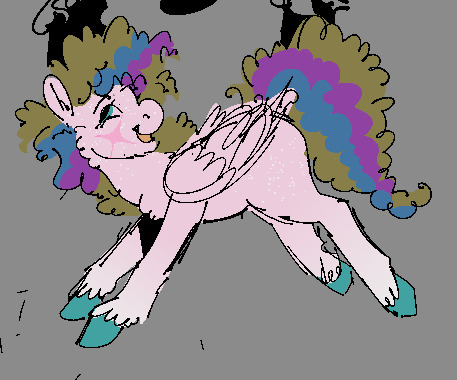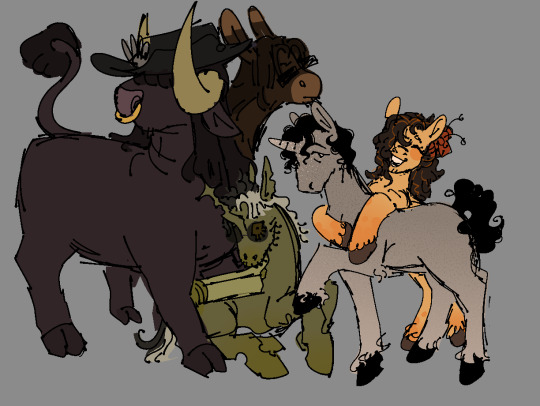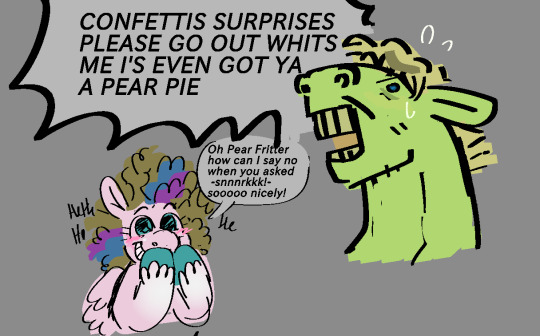#Milenko
Explore tagged Tumblr posts
Text

SHIP CHART NUMERO DOS!! Magic box is one of my new interests, I can't lie 😔
#magic box#the great milenko#riddle box#insane clown posse#icp fanart#icp#milenko#ship chart#milenko x riddle#riddle x milenko
14 notes
·
View notes
Text
Vozimo se, modro nebo, kiša, i on koji zaustavlja radio da bi čuo o čemu razmišljam.
23 notes
·
View notes
Text
hi guys. featuring pleafy




#art!~ ✧#grimm's ocs!~ ✵#dexter#milenko#mo4#bachikin#jeraldy mazaingo#fuck who else Oh yeah#adukin#jack mo4#yeah
11 notes
·
View notes
Text



Horsies my little horsies
#my art#forever private#hoppie#francis#milenko#silas#meathead#john#dr pride#ocs#god its getting weird#these are backrooms ocs. As ponies#pony
17 notes
·
View notes
Text

AERIALS
Even in the depths of hell and purgatory, they found something they were missing...in each other
(these two make me cry SO MUCH)
5 notes
·
View notes
Text
AT THE HANDS OF MILENKO

No glitch + og art


#art#insane clown posse#juggalo#juggalo artist#juggalo art#icp#great Milenko icp#Icp great Milenko#the great milenko#shaggy 2 dope#violent j#whoop whoop#art redraw#i love how this turned out#pls be proud of me
723 notes
·
View notes
Text

turn up my boing i can't hear my boing
revenge for @jessebutchman ^_^
(alt version under the cut)


#milenkos handicraft#artfight#artfight 2024#i may slop tag .so so srry marcie but im flopping so bad#digital art#furry#sfw furry#leather
90 notes
·
View notes
Text

psychopathic records 🌚🎟
The Great Garfield Milenko
#insaneclownposse#420buds#the great milenko#woop woop#juggalo#icp#violent j#the duke#shaggy 2 dope#psychopathic records#garfieldpathic records
231 notes
·
View notes
Text
he thinks he’s soooo fucking cool

#song: the great milenko by insane clown posse#ft pre timeskip law and his stupid beanie??? bucket hat??? wtf was that#he is sooooo great milenko coded guys share my vision#one piece#one piece fanart#trafalgar d water law#trafalgar law#surgeon of death#sams art#digital art
33 notes
·
View notes
Text
Hi


(with lines around it (??) how do we call that)
22 notes
·
View notes
Text

New magic box fic! And hey! Theres no sex this time! What a win.
(Its short and rushed, I have to do two fics b4 Christmas so I'm stressing!)

#magic box#riddle x milenko#milenko x riddle#milenko#the great milenko#joker card icp#icp#insane#dark mythos#riddle box#riddlebox#zaiaam#zaiaam fic
7 notes
·
View notes
Text
When the. When the.

#insane clown posse#I HATE CARNIVAL OF CARNAGE AND RING MASTER#RIDDLE BIX SND MILENKO ARE MY BABIES MWAH MWAH MWAH#violent j#shaggy 2 dope
14 notes
·
View notes
Text
do you guys fw him

5 notes
·
View notes
Text





the static babes
3 notes
·
View notes
Text
rip stu macher you probably wouldve loved the great milenko album
#juggalo stu is real i DOOONT care#i love infecting characters with my music taste#scream#scream 1996#stu macher#icp#insane clown posse#the great milenko
22 notes
·
View notes
